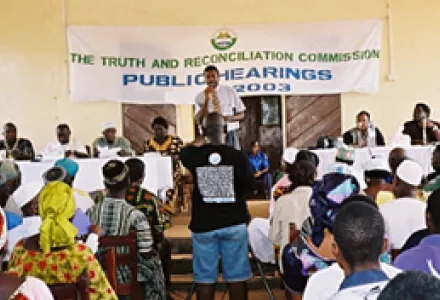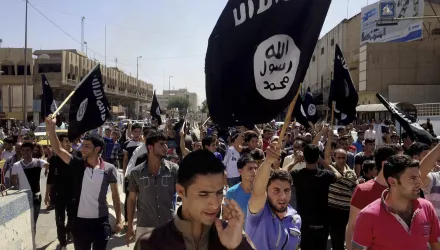Measuring Truth and Reconciliation? Lessons from Sierra Leone
Over the last decade, truth and reconciliation commissions have been initiated in many countries emerging out of conflicts. A broad consensus has developed that truth-seeking not only contributes to reconciliation, but also alleviates victims' suffering, promotes trust, contributes to the consolidation of democracy, and helps prevent future conflict. In spite of the development of truth and reconciliation commissions as an international norm, empirically assessing these assumed benign effects has been challenging. In this seminar, the speakers introduce a community-level survey methodology for assessing the impact of truth and reconciliation commissions. They develop and present the initial application of this methodology to the case of the truth and reconciliation commission in Sierra Leone (2000).
Please join us! Coffee and tea provided. Everyone is welcome, but admittance will be on a first come–first served basis.


